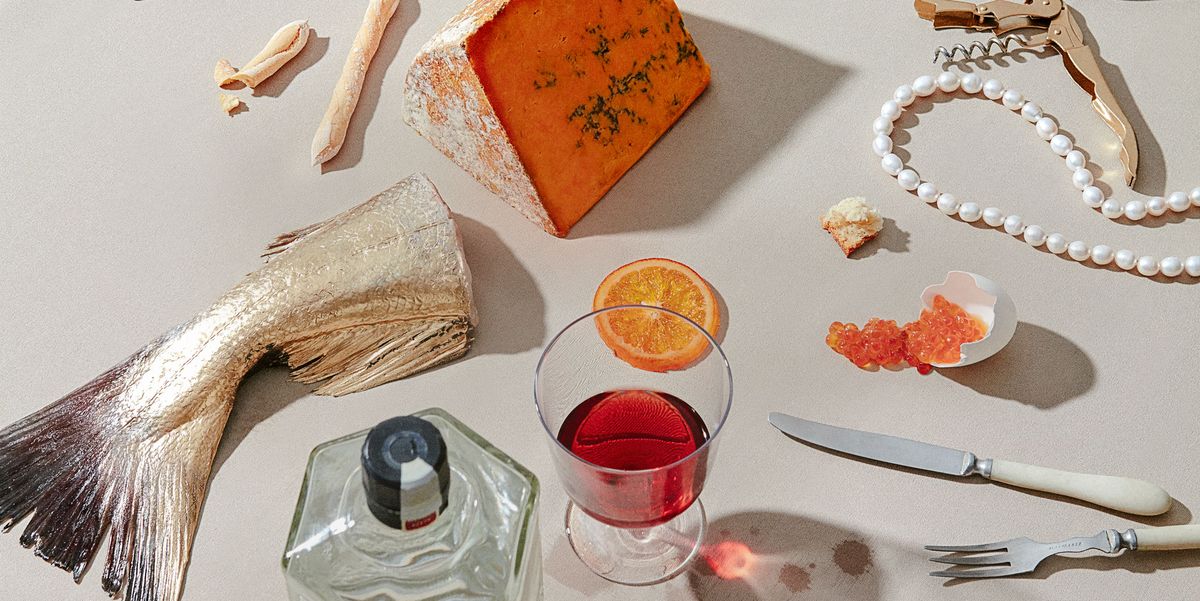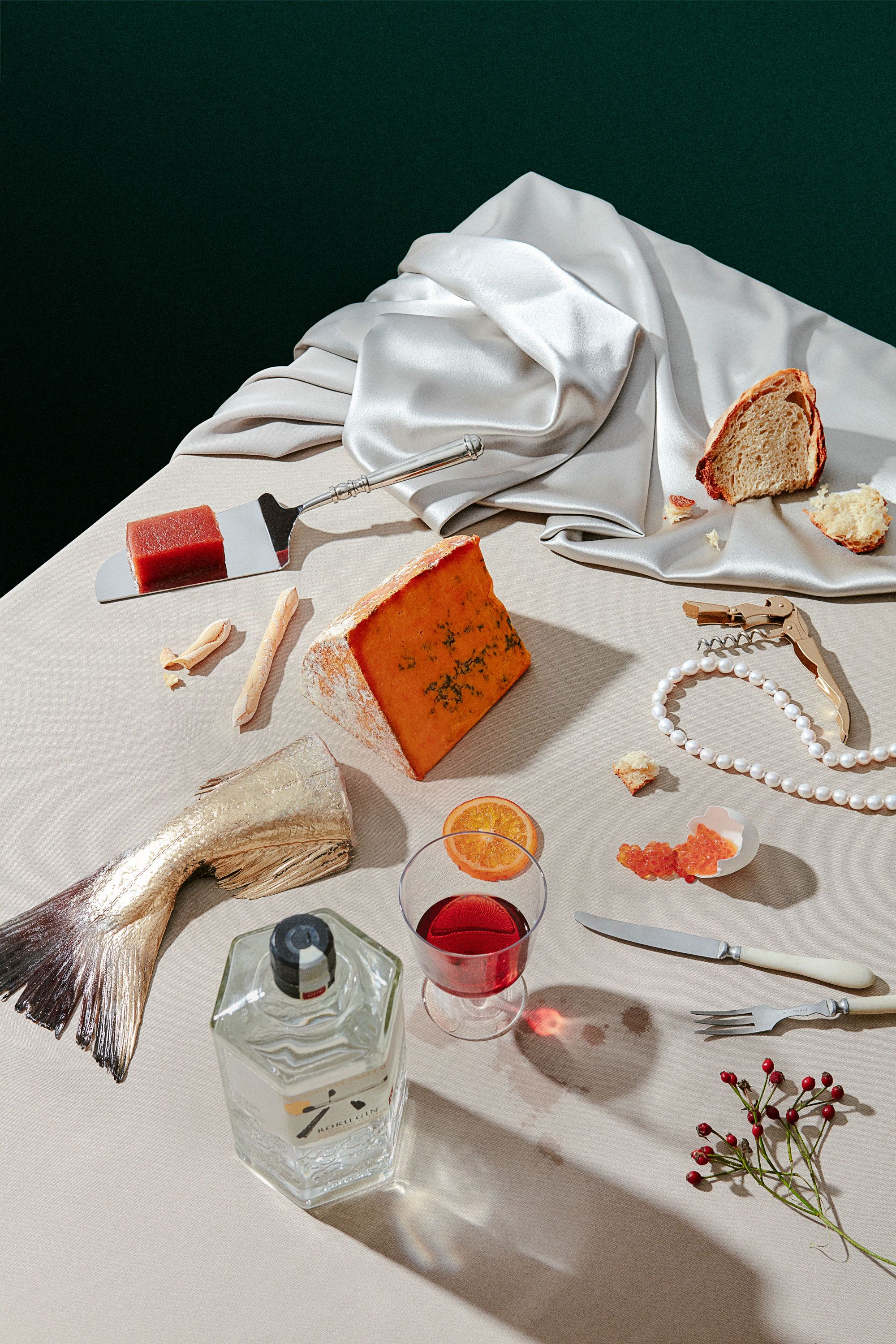We met just before lockdown, sharing a croissant and a walk along the L.A. River. I reveled in how kind and quiet he was, how different from the toxic men I’d chosen in the past. He is the first good man I fell in love with. I fell with my whole heart.
Three years in, though, we’re in a rough patch. More accurately, it feels like taking 60-grit sandpaper to skin. In our one-bedroom apartment, where we live and work, I often feel more isolated with him than when I’m alone. I tell him I’m unhappy. He finally acknowledges he needs therapy.
The week of his first session, I sit, arms crossed, in my own therapist’s office, evaluating our chances of survival. Because of a dark period in my late twenties (and said toxic relationships), I’ve been doing a trauma therapy called EMDR, cognitive behavioral therapy, Al-Anon meetings, seated meditation, walking meditation, intuitive eating, and more self-care rituals than I’d care to count. None of it makes my current reality any less lonely or disorienting.
My therapist interrupts with a deceptively simple suggestion: Stop. “He’s just starting therapy, so what if you leave him to it?” she asks. “For a month. Stop thinking about it, stop talking about it for 30 days. What if, instead, you spend the time meeting your desires—the ones he can’t or won’t?” “So more than textbook self-care, sort of passion anarchy,” I joke. “Radical pleasure.”
“Exactly,” she says.
Recent headlines scream: We are at the height of a loneliness and isolation epidemic, which is increasing mental health issues and causing premature deaths. Aggravators are everywhere: smartphones, urban sprawl, political polarization, a years-long pandemic. It’s hard to imagine a more alienated and alienating world. Could unapologetic indulgence be the antidote? Would it lead me back to this good man, someone I’ve loved and want to continue loving?
Day 1
I start a list of pleasure pursuits in my Notes app—masturbate daily, sex between meetings, spend the weekend naked, finally watch Fifty Shades of Grey—then text my most sexual friends for ideas. “Have sex exactly the way you want the whole way through. Get your back blown out,” one of them replies.
I masturbate twice, then think about sexting my boyfriend but don’t feel up to it—notable. Instead, I order takeout and open “the good wine” we’d talked for our next dinner party.
Day 3
I’ve started asking friends to describe their ideal day of radical pleasure. When I ask my boyfriend, he says the question is complicated, then reconsiders. “I would have plenty of time for everything.” “You have time now,” I say.
Day 6
I’ve already given up on daily masturbation because, shocker, it feels forced. Worse, I’m sore. And confirmed: Fifty Shades of Grey is a hair-puller, not in an erotic way. Today’s experiment: exploring the pleasure of being seen.
I put perfume on my hip bones, get dressed up, and meet a friend at a new restaurant. When we step out, buzzed and exhilarated, I lock eyes with the man who took my virginity. We talk and I get high off the feeling of condescension. I am sexier, wittier, and freer than this man, now a father with bags under his eyes, who broke my heart. I tell my boyfriend the story, confused but openhearted. I’m grateful he’s the one in my bed.
Day 8
A weekend with no plans. I spend the morning alone on a five-mile walk, then initiate afternoon sex, verbalizing exactly what I want and when. The sex is good but not great. My takeaway: Epic sex, for me, means losing control. In an effort at full communication, I share my thoughts and ask for more surprises. (He hears me. Sex a few days later will include a few spanks and an orgasm.)
Day 9
My 35th birthday is two weeks away. As a gift to myself, I buy a vintage Vivienne Westwood dress, by far the most expensive item I’ve ever purchased. Since it arrived, I’ve been treating it like it belongs to someone else. Growing up, my family was often financially anxious and occasionally unstable. The Westwood dress still scares me.
I pour some wine, put on Sade, and slip the dress over my head. The layers of silk feel like an ice-cold dry martini. the mirror, I’m entirely here. Pleasure floods my nervous system as “Kiss of Life” starts playing. I’m feeling myself so much, it’s carnal.
Day 19
I go to my favorite Italian spot solo, with a plan to flirt with a stranger. That sexual zap of banter with someone and you’ll never see again has always filled me with pleasure. Tonight, though, a blind-drunk man latches on as soon as I sit down. The bartender cuts him off, and he leaves in an inarticulate fury. The night ends somewhere unexpected: I eat a grilled artichoke and lemon icebox cake in the profound pleasure of silence.
Day 25
My boyfriend and I have sex in a hotel shower in Santa Fe. We fought last night, so it’s makeup sex, but it’s something else, too. Like we’re both trying to push further into each other. I don’t orgasm, but it doesn’t matter. We spend the afternoon lounging by the pool even though it’s too cold to swim. I relish the feeling of goose bumps on my shoulders.
Day 30
I open the door to flowers and a card with no name. A text reveals they’re from my boyfriend. I’ve asked for more effort, presence, and gestures. There’s simple pleasure in that surprise bouquet, but I’ve tasted deeper feelings and am thirsty for more—the deep kind that exist beyond checking the boxes.
We break up on a Tuesday night as I let a peppermint tea get cold. “No one should be blindsided by a breakup,” he says, his eyes desperate. I feel sick. I’ve spent the last month discovering what it is to feel and want, often without him, and now I feel certain that our relationship is not enough.
If I were to distill the 30 days into one takeaway, it would be this: There is simple pleasure—erotic flings, tropical getaways, spa days—and then the radical kind. Reaching that requires moving through pain, rebelling against limits: personal, social, political, romantic. It isn’t the Westwood dress; it’s recognizing that, for 30-plus years, you believed you were unworthy of it. Much like an orgasm, radical pleasure requires pushing past discomfort for potential transcendence. It means seeing yourself for who you are, erotic and defiant, and forcing yourself to take up more space.
When the end comes, it’s not black and white. There’s just no more us. What’s left is heartbreak and loneliness latent pleasure—the promise of an unknown future.
I pack a bag, tell him he’s the best man I’ve ever loved, and head for a friend’s. It’s a radical act, choosing yourself.
A version of this article appears in the November 2023 issue of ELLE.

Kit Warchol is a writer and editor living in Los Angeles.

